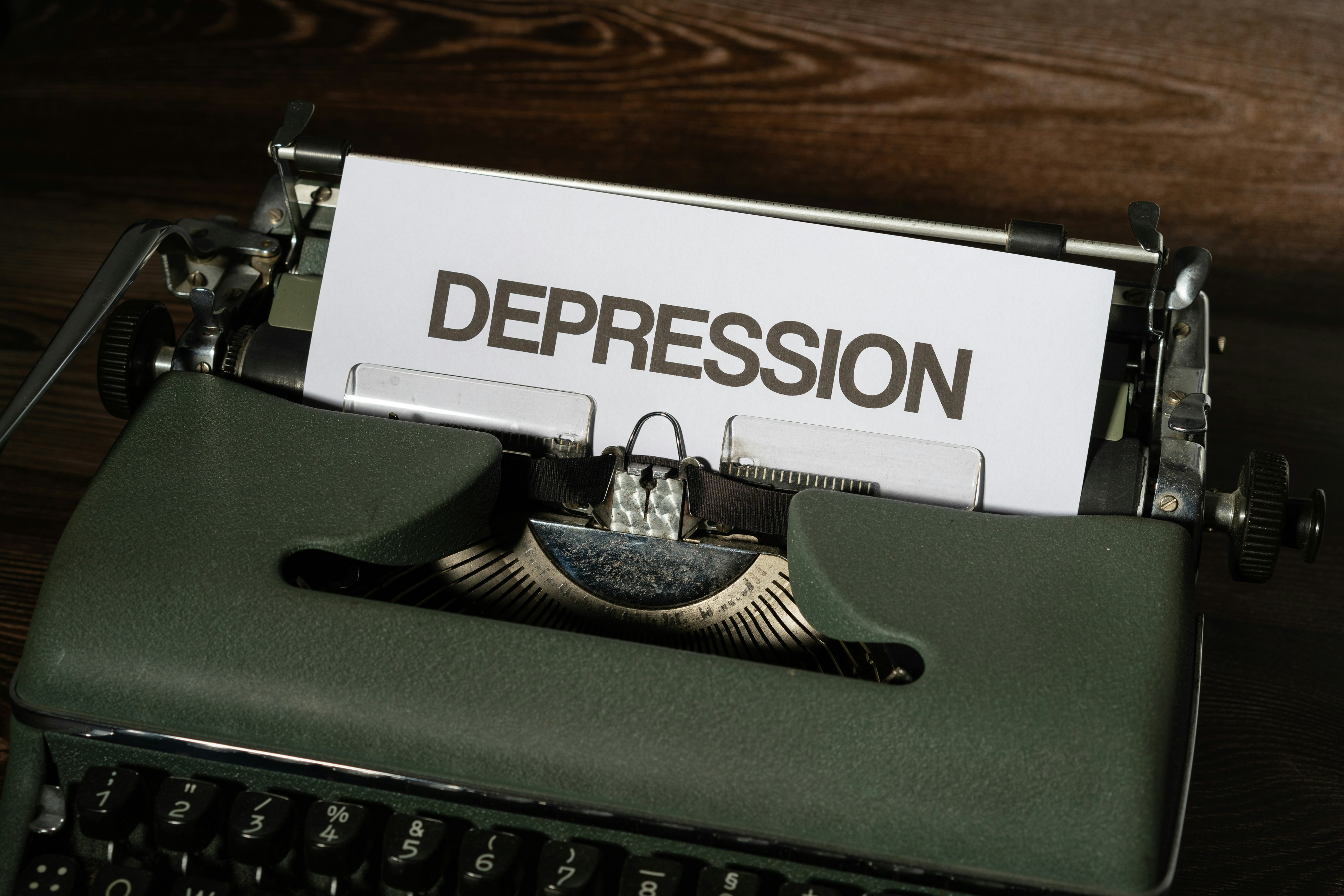Post Traumatic Stress Disorder and You
http://www.ptsd.va.gov/http://www.ptsd.va.gov/http://www.ptsd.va.gov/http://www.ptsd.va.gov/PTSD. This term is thrown around quite a bit in both the world of psychology and with veterans of war. What is it? And who does it affect?
PTSD means Post Traumatic Stress Disorder. According to the DSM-IV, PTSD is: The development of characteristic symptoms following exposure to an extreme traumatic stressor involving direct personal experience of an event that involves actual or threatened death or serious injury, or other threat to one's physical integrity; or witnessing an event that involves death, injury, or a threat to the physical integrity of another person; or learning about unexpected or violent death, serious harm, or threat of death or injury experienced by a family member or other close associate.
That's a pretty long definition- and it keeps going from there!! So what does this mean to you? Most often we hear of PTSD as something that veterans of wars go through due to the traumatic experiences they have during combat. It's normal to have such symptoms as flashbacks, nightmares, panic attacks, depression, decreased motivation, suicidal/homicidal ideation, etc. It can manifest itself in many different forms, but either way, it is something that needs to be addressed as early on as possible as it can cause increasingly problematic issues in one's functioning in everyday life.
So, does PTSD affect civilians too? Of course. Anyone who has been through a traumatic event such as sexual assault or abuse, mental or emotional abuse, verbal abuse, witnessing a traumatic event, etc. could experience any level of PTSD depending on what the person has witnessed or been through and his/her predisposition to stress and depression. Many people turn to alcohol and drugs to self-medicate and cope with the feelings they are having. The problem with that is, is that is never really addresses the underlying problem and the PTSD symptoms can actually become worse if masked by certain vices.
PTSD can be managed and worked through with the proper treatment. Many individuals turn to talk therapy in conjunction with possible anti-depressant medications. There are also support groups for survivors of certain traumatic events that can help people cope more efficiently with the feelings and thoughts associated with the traumatic event(s). How might you be able to tell that you have PTSD? And what resources are there for treating it?
A good resource is the National Center for Post Traumatic Stress Disorder:
http://helpguide.org/mental/post_traumatic_stress_disorder_symptoms_treatment.htm
A great checklist to see if you might actually be experiencing PTSD can be found here:
http://www.tgorski.com/Terrorism/ptsd_checklist_civilian_version.htm
To start the process of healing, I would recommend using this workbook in conjunction with talk therapy and seeing a psychiatrist: The Post-Traumatic Stress Disorder Sourcebook: A Guide to Healing, Recovery, and Growth by Glenn R. Schiraldi



